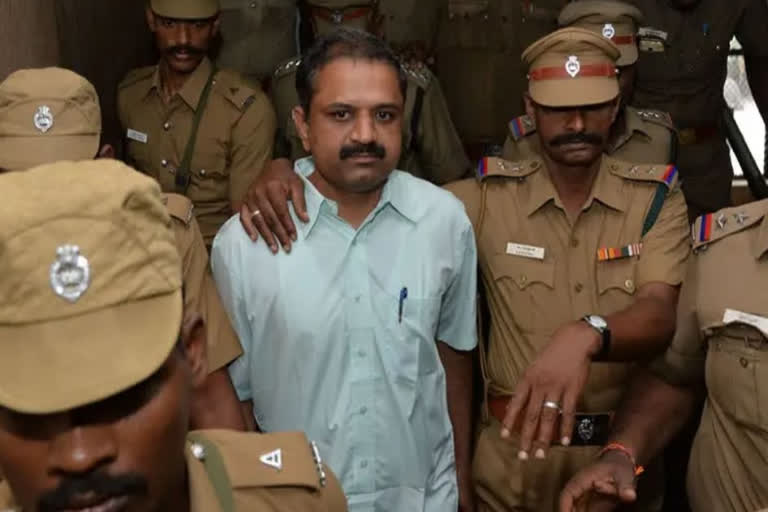Chennai: The chorus is getting louder for the release of the six remaining life convicts in the Rajiv Gandhi assassination case. It is no more an issue hanging in balance, but how soon without any further delay. Setting the pace for this growing demand is the Supreme Court order setting at liberty AG Perarivalan, providing the much-needed momentum with the Tamil Nadu government appearing in no mood to let it go off.
Chief Minister MK Stalin on Saturday held a discussion with a legal team, which included DMK Rajya Sabha MP and senior counsel, P Wilson, among others, setting off speculation of an impending decision to release the six convicts. This is despite Congress, a staunch ally of the ruling DMK, making it clear that it is not on the same page on this issue. And, apart from the BJP, there is unanimity among the political parties on this.
The six convicts are Nalini and her husband Murugan alias Sriharan, Suthenthiraraja alias Santhan, Jayakumar, Robert Payas and P Ravichandran. Of them Nalini and Ravichandran are Indians while the others are Sri Lankan nationals. While the Supreme Court had confirmed the death sentence of Nalini, Murugan, Santhan and Perarivalan, the sentence of others was commuted to life. Later, Nalini's sentence was commuted to life on an appeal for remission from Sonia Gandhi. Then the death sentence of the trio was commuted to life by the apex court in 2014 and four years later, the Tamil Nadu Cabinet had recommended their release.
In 2011 itself, there was a groundswell of public opinion in the state against their execution and the call for their release has gained traction since then. Now also, it suits the Chief Minister to sail with public opinion. Furthermore, it will keep the DMK's pro-Tamil constituency in good humour. With Congress dependent upon the DMK for electoral support, the national party has to swallow it as a bitter pill.
According to those in the legal fraternity, the State government could either press the Governor to give assent for their release or pass a fresh Cabinet resolution recommending the same. That the Supreme Court verdict is an indictment of the Governor is also an advantage to the government in pursuing the matter to its logical end. For, the judgment reads, “The constitutional conclusion is that the Governor is but a shorthand expression for the State government.” Under Article 161 of the constitution, he could act only on the aid and advice of the council of ministers, which is binding, the verdict further says. The dominant legal opinion is that the verdict in the Perarivalan case is applicable to the six convicts as well and they could be released based on that.
Meanwhile, advocate M Radhakrishnan, the counsel for Nalini, said they would approach the High Court to release Nalini without waiting for the Governor's assent. “The High Court could direct the state government to release Nalini invoking Article 226 of the Constitution. We would ask the High Court to grant a direction for the premature release taking into account the ruling of the Supreme Court in Perarivalan's case since there is no parallel power in this regard and the state is authorised to decide,” he said. Concurring with him, advocate K Elangovan explained “Article 226 is to protect Article 21 and ensure personal liberty. The HC can also pass a direction to revert the documents to the Governor for him to take a call and till then, the convicts could be set at liberty.”
Also read: Woman cop who survived Rajiv Gandhi assassination recounts 'nightmarish night'


